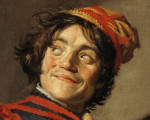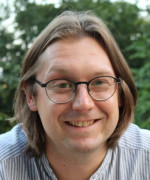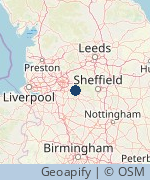Spinoza’s Spectacles: Philosophy, Science and the Dutch Masters
Joseph Darlington
- Region:
- North West
- Notice Period:
- Emergency (maybe less than one week's notice)
- Type:
- Academic
- Fee:
- Expensed
- Category:
- Humanities
- Updated:
- 21st February 2024
- Tagged:
- Art History | Philosophy | Art Appreciation | Dutch Masters
In this talk I explore the world of Dutch seventeenth-century painting (artists like Rembrandt, Vermeer, Frans Hals and Pieter de Hooch) and how the society in which they lived shaped their thoughts and style. I explain how the economic and religious liberties of the Dutch Republic, which provided the setting for the birth of modern capitalism, combined with new developments in optical lens technologies to inspire a strange new philosophy of Materialism: wherein Nature, God, and the "Substance" were one and the same thing. Foremost among these thinkers was Spinoza, a lens grinder and religious freethinker, whose ideas can be seen to influence all of the great artists of his day.
Views: 700 | Enquiries: 1About Joseph Darlington
I am a writer and academic based in the Peak District, lecturing at Futureworks Media School in Manchester where I am head of the animation degree.
My research interests are rather varied. I have published a book on novels with terrorist protagonists (a popular genre in Britain in the 1970s), a book on British Experimental novelists entitled, fittingly, "The Experimentalists", and one on the writer Christine Brooke-Rose. I teach animation, art and aesthetics, publishing occasional papers on those subjects, and I am co-editor of the Manchester Review of Books.
I also write fiction, some of which is published by Northodox Press (all my books can be found here: http://www.josefadarlington.co.uk/books.html), and I'm currently acting programme manager for the New Mills Local History Society.
I have been giving talks for about thirteen years now, speaking at conferences, doing readings, and performing. I have given public lectures for the Ragged University and as part of the "Invisible Histories" lecture series.
Other Talks on SpeakerNet by Joseph Darlington
Send a message to the speaker
If you are interested in this talk and wish to contact the speaker, please complete the following form:


